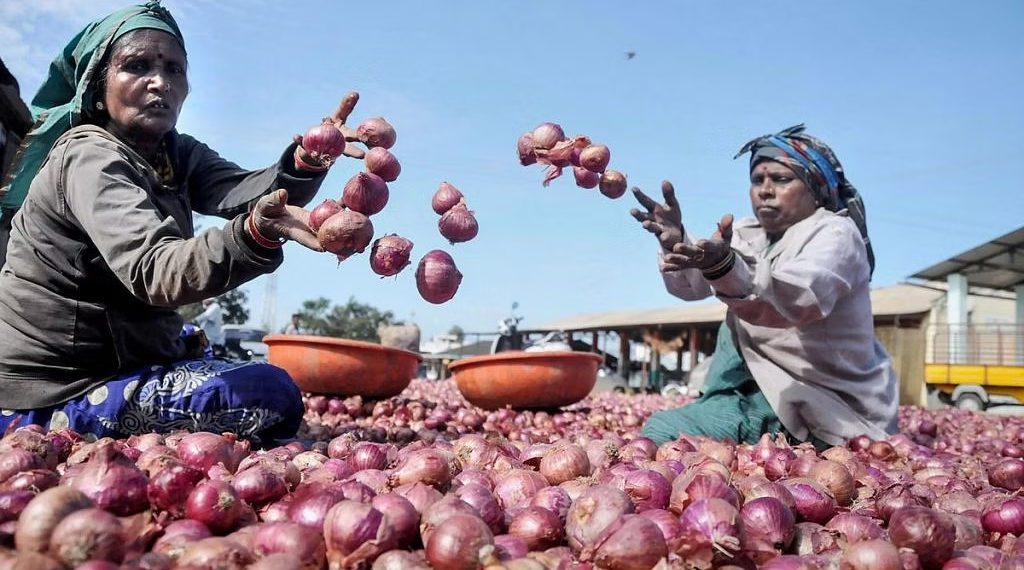In response to the onset of the Rabi-2024 harvest and to bolster the country’s onion reserves, government authorities have instructed both the NAFED and the NCCF to procure 500,000 tonnes of onions directly from farmers.
This directive aims to streamline the process, ensuring that farmers receive payments directly to their bank accounts via the Direct Benefit Transfer (DBT) system.
The Rabi onion crop holds significant importance, contributing between 72% to 75% of the nation’s annual onion production. Its longer shelf life compared to Kharif onions enables year-round availability, making it a pivotal component of the onion market.
Throughout the 2023-24 period, the Department of Consumer Affairs, operating through NAFED and NCCF, procured approximately 640,000 metric tonnes of onions for buffer stocking and intervention purposes. These consistent procurement efforts guaranteed fair prices for onion farmers, stabilizing their earnings.
To ensure onion availability at reasonable prices for consumers, retail interventions were implemented, allowing outlets like NCCF, NAFED, Kendriya Bhandar, and state-controlled cooperatives to distribute onions at a subsidized rate of Rs25 per kg. This strategic approach effectively balanced retail prices without compromising farmers’ income.
Given global supply constraints and the impact of El Nino-induced dry spells, the government enacted measures to regulate onion exports during FY23-24.
These included imposing a 40% duty on exports, establishing a Minimum Export Price (MEP) of US$800/MT, and ultimately prohibiting exports from December 8, 2023, to prioritize domestic availability and affordability.
The recent extension of the export prohibition reflects ongoing concerns about domestic availability amidst international market dynamics. However, neighbouring countries dependent on Indian onion imports, such as Bhutan, Bahrain, Mauritius, Bangladesh, and the UAE, have been granted export allowances to meet their respective consumption needs.





















































